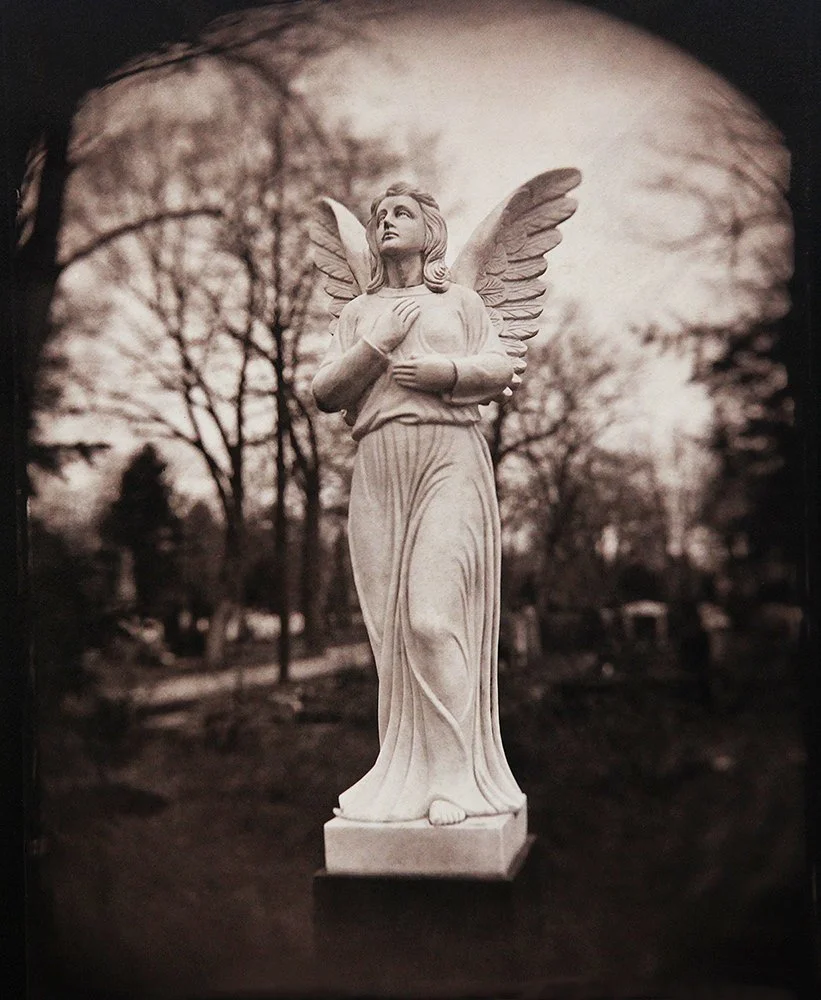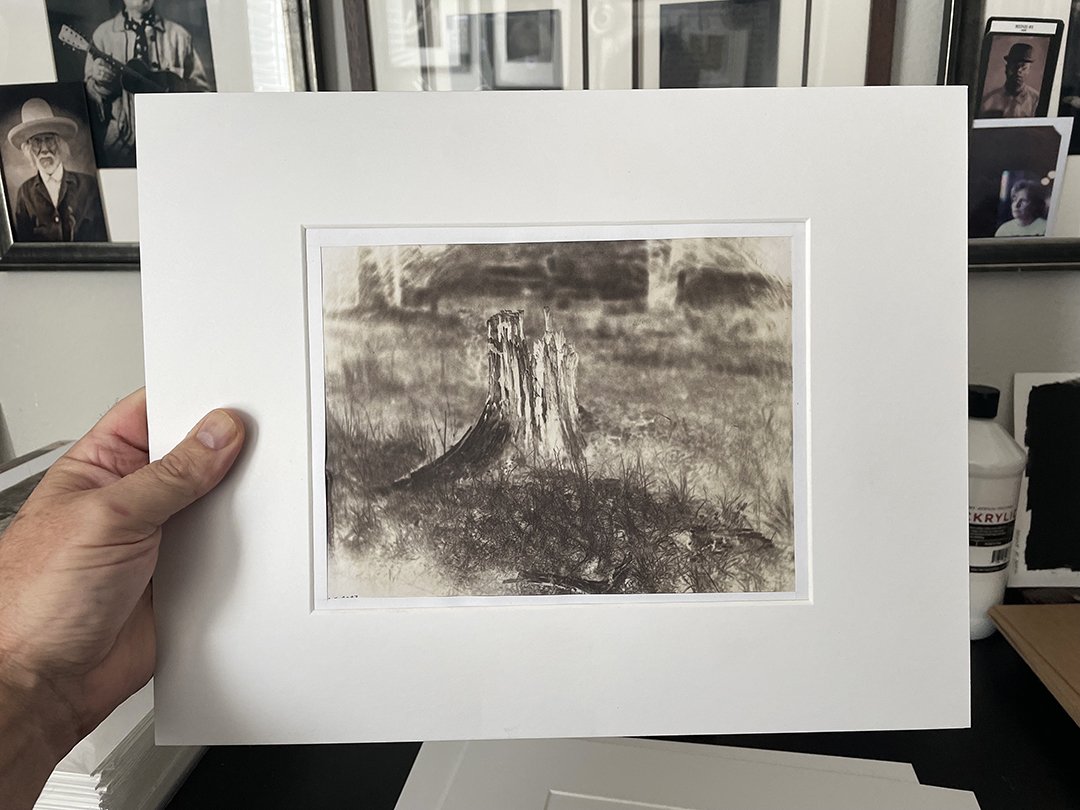Reflections on Oscar M. Maina’s “Exploring the Motifs of Death and Immortality” (download it here)
There’s something art knows that most of us don’t say out loud—something that sits just beneath the surface of brush strokes, plates, metaphors, burial songs, and myths. It’s this: we’re terrified of death, and we make things to outlive us.
Oscar Maina’s essay, Exploring the Motifs of Death and Immortality, is a thoughtful dive into how human beings wrestle with mortality through the creative act. It echoes the very heart of what Ernest Becker wrote in The Denial of Death—that the human animal is the only creature conscious of its inevitable end, and that this awareness generates a kind of terror we spend our lives trying to manage. Art becomes one of our most powerful buffers. A symbolic immortality project.
Maina moves across cultures—African myths, biblical stories, Egyptian rituals, and metaphysical poetry—all circling the same truth: death is the great interruption. And art is how we respond. It’s how we push back. It’s how we say, “Not yet.”
Otto Rank called it the artist’s neurosis—this compulsive need to create something lasting in the face of impermanence. For Rank, the artist doesn’t deny death through passive illusion like the rest of society. The artist confronts it head-on, wrestles with it, transforms it. Creation becomes an act of rebellion against disappearance.
Maina gives us examples: the Egyptian pharaoh buried with engraved scrolls, the Igbo requiring a second burial to grant the dead spiritual legitimacy, Donne and Thomas pushing back against the quiet acceptance of death, and African names passed to children as reincarnations of those lost. Whether through myth, poetry, ritual, or narrative, we’re always reaching for permanence.
And underneath it all is this longing—to be remembered, to mean something. We preserve stories, carve stone, paint skin, and etch memory onto glass and paper. Not because we’re vain. Because we’re aware. We know we’re here for a moment, and the work becomes a lifeline.
Maina suggests that art and mortality are in a symbiotic relationship: we give art our fear, and it gives us back meaning. We mourn through it, remember through it, rage and reflect through it. And in return, it carries something of us forward. I connect with these ideas deeply.
Becker believed that human civilization itself is a structure of death denial. But in that denial, especially in the creative act, there’s also courage. Rank saw the artist as someone who stands between two worlds: fully aware of death, and still choosing to create. Not to escape reality, but to engage with it more deeply.
Maybe that’s what art knows. That we’re dying. And that creation—real creation—isn’t about avoiding that truth. It’s about transforming it. About staring into the void and answering back.
So if you’ve ever felt that need to make something—something lasting—it’s not self-indulgence. It’s survival. It’s legacy. It’s your own quiet defiance.
And maybe, that’s enough. What do you think?











